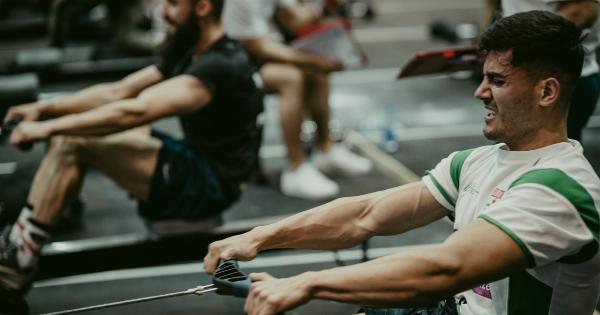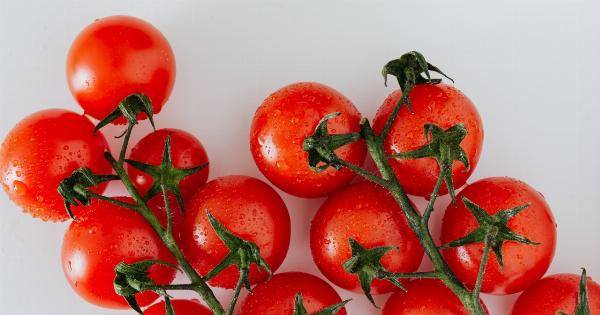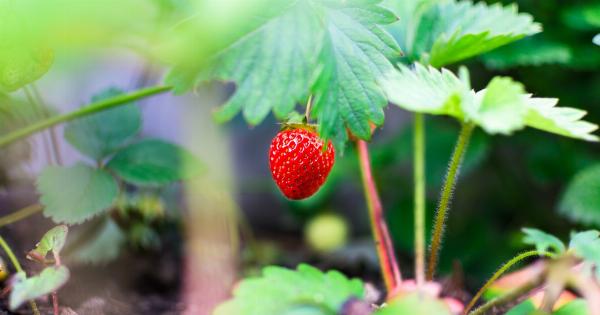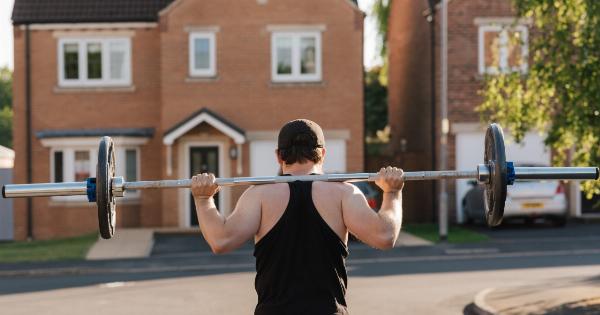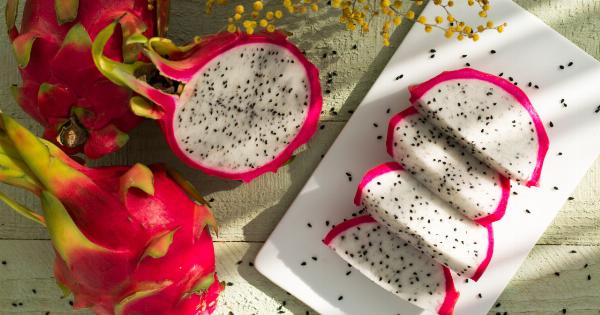When it comes to muscle growth, diet plays a crucial role. Consuming the right foods can provide your body with the necessary nutrients to build and repair muscle tissues.
Whether you are a bodybuilder, an athlete, or simply someone looking to gain muscle mass, it is essential to focus on a balanced diet that is rich in protein, carbohydrates, healthy fats, vitamins, and minerals. Let’s explore some of the best foods to include in your diet to maximize muscle growth and achieve your fitness goals.
1. Lean Meats
Lean meats, such as chicken breast, turkey, and lean beef, are excellent sources of high-quality protein. Protein is essential for muscle growth as it provides the amino acids needed to repair and build muscle fibers.
Including lean meats in your diet can help meet your protein requirements and promote muscle development.
2. Fish and Seafood
Fish and seafood, especially fatty varieties like salmon, tuna, and mackerel, are not only rich in protein but also contain omega-3 fatty acids.
Omega-3 fatty acids have anti-inflammatory properties that can aid in reducing muscle soreness and promoting recovery. Including fish and seafood in your diet can provide you with essential nutrients for muscle growth.
3. Eggs
Eggs are a complete protein source and are packed with essential amino acids. They also contain healthy fats and vitamin D, both of which are crucial for muscle growth and overall health.
Consuming eggs can help promote muscle protein synthesis and provide your body with the necessary nutrients for muscle repair and growth.
4. Greek Yogurt
Greek yogurt is a fantastic source of protein and calcium, making it an ideal choice for muscle growth. It contains a higher amount of protein compared to regular yogurt and is low in carbohydrates and fat.
Greek yogurt can be consumed as a snack or incorporated into smoothies to enhance muscle recovery and promote muscle building.
5. Quinoa
Quinoa is a whole grain that is high in protein and contains all nine essential amino acids. It is also a great source of complex carbohydrates, fiber, vitamins, and minerals.
Including quinoa in your diet can provide your body with sustained energy and promote muscle growth and repair.
6. Nuts and Nut Butter
Nuts, such as almonds, cashews, and peanuts, are rich in healthy fats, protein, and vitamins. They also contain a good amount of calories, making them an excellent choice for those looking to gain muscle mass.
Nut butter, including peanut butter and almond butter, can be added to smoothies, oatmeal, or consumed on their own for a delicious and nutritious snack.
7. Cottage Cheese
Cottage cheese is a versatile dairy product that is low in fat and packed with protein. It also contains casein protein, a slow-digesting protein that can help prevent muscle breakdown and promote muscle growth.
Cottage cheese can be consumed as a part of a meal or as a snack to support your muscle-building efforts.
8. Beans and Legumes
Beans and legumes, such as lentils, chickpeas, and black beans, are excellent plant-based protein sources. They are also high in fiber, complex carbohydrates, and various vitamins and minerals.
Including beans and legumes in your diet can provide an alternative protein source for muscle growth, especially for those following a vegetarian or vegan diet.
9. Oatmeal
Oatmeal is a nutritious whole grain that is rich in carbohydrates and fiber. It provides a sustained release of energy and can help fuel your workouts and support muscle growth.
Additionally, oatmeal contains various vitamins and minerals that are important for overall health and muscle function.
10. Fruits and Vegetables
Fruits and vegetables are essential for overall health and well-being, including muscle growth. They are packed with vitamins, minerals, antioxidants, and fiber, which can support muscle recovery and repair.
Including a wide variety of colorful fruits and vegetables in your diet ensures that you provide your body with essential nutrients for muscle growth.
Conclusion
Achieving your muscle growth goals requires a combination of resistance training and a well-balanced diet.
Incorporating a variety of foods rich in protein, carbohydrates, healthy fats, vitamins, and minerals can provide your body with the necessary nutrients to support muscle growth and repair. Remember to consult with a professional, such as a registered dietitian or nutritionist, to personalize your diet plan to best suit your individual needs and goals.












